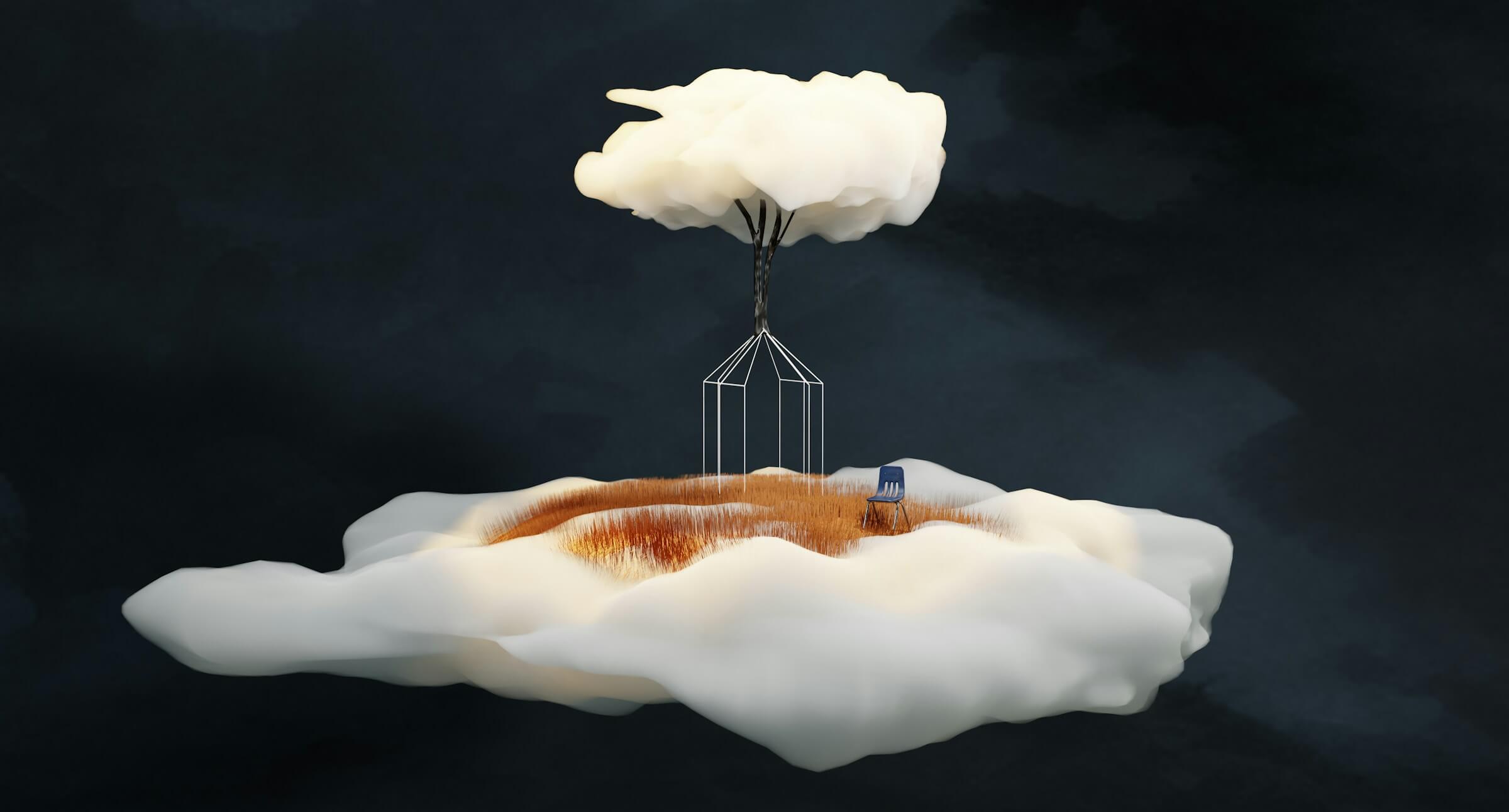
Before the Blueprint
What if we stopped naming stars
before they’re born—
stopped dreaming up doctorates
in ultrasound rooms,
or calling chubby fists
"just like Dad’s baseball grip"?
What if we shelved
the baby trophies
before the baby teeth?
No more bedtime stories
of greatness already written,
no more tracing outlines
on skin not yet formed—
as if they came here
to finish our script.
Why must we gift
our children our ghosts?
Why do we whisper
legacy into lullabies,
pack their backpacks
with our unfinished dreams,
then wonder why
they stagger under the weight?
What if instead—
we met them
as blank pages?
No fonts. No forecasts.
Just curiosity,
wild and giddy
as an open window.
What if we squealed,
truly squealed,
at their odd fascinations—
mushrooms and outer space,
junkyard sculptures,
inventing new languages
to speak with clouds?
What if we asked,
not who will you be,
but
what makes you sparkle today?
We’ve all spent lifetimes
trying to outgrow
the shape of a dream
we never chose.
Fighting shadows
of a perfect child
we never were.
But maybe,
if we let our children
simply unfold—
we’d remember how to be
wild and wordless again,
how to live
without needing to impress
the dead hopes
of the ones we love most.
And maybe then—
we’d finally grow up, too.
The Day the Sky Gasped
She stood up mid-bite—
cold coffee, stale toast,
the hum of morning news whispering
like a lullaby for the blind.
Something cracked
(not loudly, not with drama)
just a hairline fracture
in the casing of routine.
The sky outside—
it gasped,
and so did she.
No revolution.
No manifesto.
Just a deep breath
and the stillness to notice.
Around her—
neighbors scuttled like well-oiled bugs,
choreographed in traffic light ballets.
Phones glued like lifelines,
faces pulled tight
by calendars and caffeine.
She walked.
Past cubicles that ticked like clocks,
past swings rusting in yards
where children no longer played.
Billboards screamed joy
while eyes stayed dim.
The louder the world grew,
the quieter she became.
Color leaked from cracks in the sidewalk—
turquoise mushrooms,
graffiti that hummed.
A cat in a window blinked
and whispered, You see it too.
She wasn’t running away.
She wasn’t running at all.
She was wondering,
when did we trade our awe
for algorithms?
Who convinced us
that paychecks matter more than poems,
that silence is failure,
that stillness is shame?
Why did we make temples
out of corner offices,
forgetting the holy sound
of wind between trees?
The further she wandered,
the louder life became.
Not the life they sold,
but the one underneath it.
The one with wormholes in peaches,
children drawing gods with crayon,
strangers laughing too hard
at nothing.
She stopped asking what mattered
and started watching what sparkled.
Not diamonds—
but dew.
Not promotions—
but the way her ribs stretched
to hold wonder again.
She whispered her rebellion
into a daisy chain,
a paper airplane,
a kitchen window open
to the scent of rain.
And somewhere,
a child heard it.
And somewhere,
an old man smiled.
And somewhere,
a factory light flickered out
for the last time.
She is not gone.
She is the wind that makes you turn.
The flicker that makes you pause.
You’ll know her
when you finally stop
and see your own reflection
in the puddle you used to step over.
Machines in Mascara
Don’t hand me a yoga pass
and call it a solution.
Don’t whisper “self-care”
while piling the plates I never asked to carry.
I am not your safety net,
your always-ready smile,
your deadline miracle
wrapped in mascara and compliance.
Burnout is not a mood.
It’s a slow unravel—
the silent scream lodged in my jaw,
the ache in my spine
from carrying what you never see.
You say I’m strong—
but strength doesn’t mean
always saying yes
while the walls close in quietly.
No, a walk won’t fix this.
No, a weekend won’t save me.
We are tired.
Bone-deep, marrow-drenched tired.
Tired of being the buffer
between chaos and collapse.
Of being the ones who remember birthdays,
water plants, finish reports,
smile when we’re breaking.
We were told
we could have it all.
Turns out
“all” meant all the work,
all the guilt,
all the grace under fire
while the flames licked higher.
We don’t need flowers.
We need space.
A system built for breath,
not sacrifice.
Don’t ask why she left
when she once glowed and gave and gave.
Ask how many times she cried in bathroom stalls
and still made the meeting.
We are not infinite.
We are not code.
We are not machines
in mascara.
We are human.
Start treating us like it.